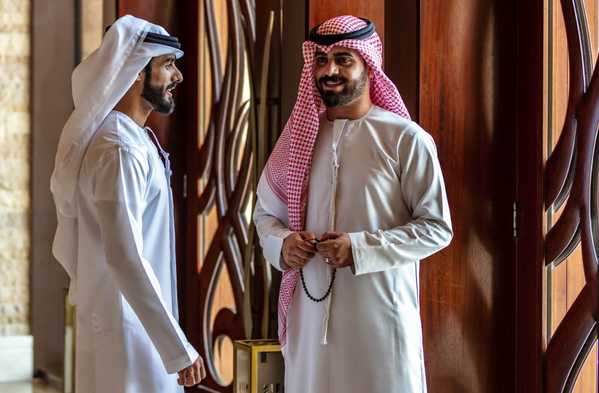

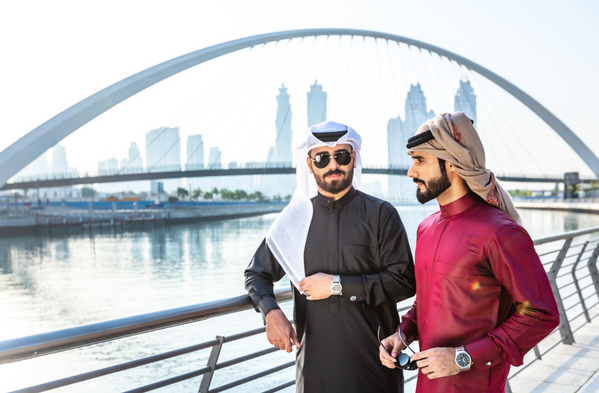
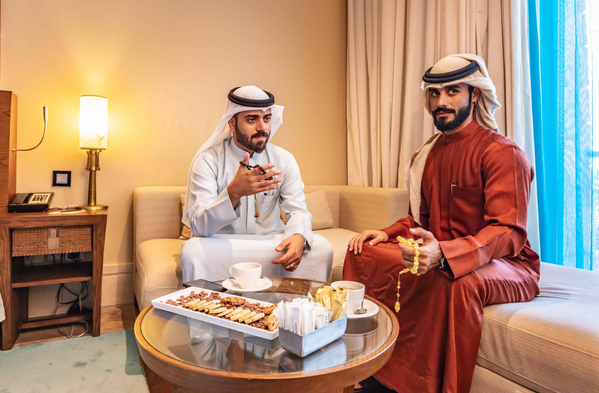



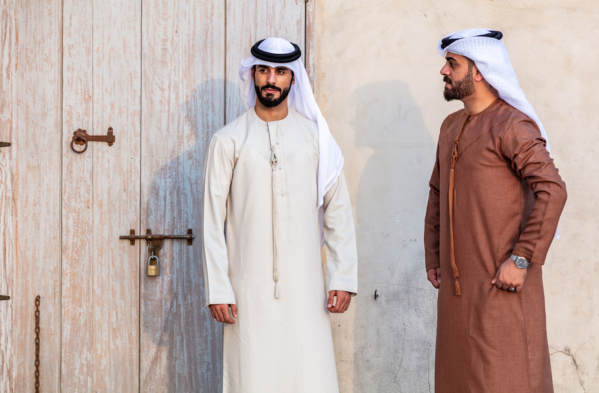

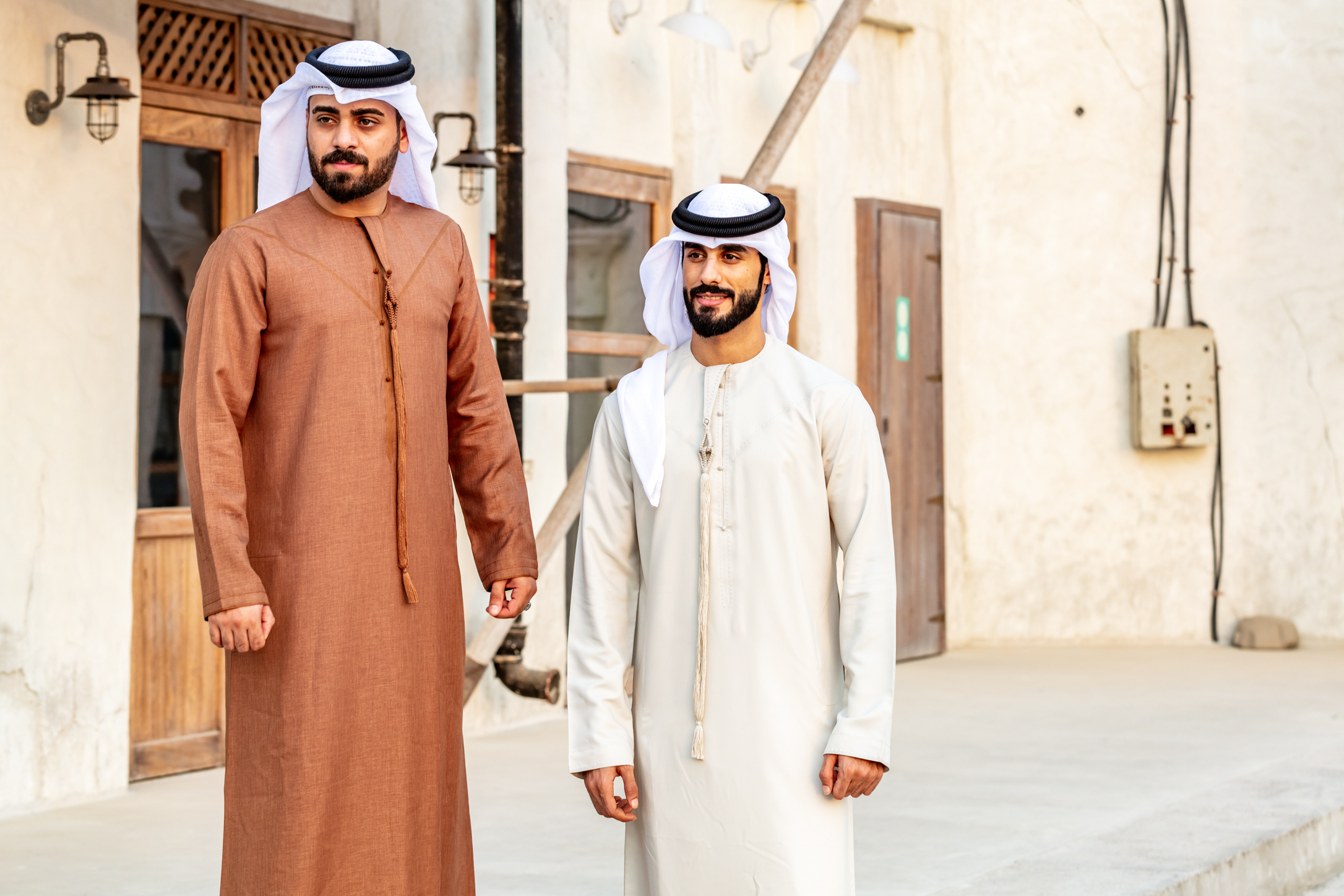
Textile Industry in UAE - UAE is home to a thriving textile industry making a significant impact on the global stage. From its humble beginnings as a small desert nation, the UAE has transformed into a substantial player in producing high-quality textiles, with state-of-the-art facilities and innovative technology driving its growth. Below we share all information on the Textile Industry in UAE.
The UAE Textile Industry is essential to the country's economy, providing employment for thousands of people and supporting several downstream sectors, such as fashion and home furnishings. With its strategic location, favorable business environment, and access to a highly skilled workforce, the UAE is well-positioned to continue to grow and succeed in the competitive world of textiles.
The UAE's textile industry had come a long way since its early days when it was primarily focused on traditional, hand-woven textiles. Today, the country boasts modern, highly automated textile mills capable of producing a wide range of fabrics, from natural fibers like cotton and silk to synthetic materials like polyester and nylon. The industry is driven by a combination of government support and investment, as well as the entrepreneurial spirit of local business leaders.
Investing in the textile industries in uae is a wise decision for many reasons. First, the demand for textiles is consistently growing, driven by the growing global population and their increasing purchasing power. The textile industry is also highly diversified, with a wide range of products and markets, which helps to spread risk and reduce dependence on any single product or market.
Another advantage of investing in the textile industry is that it is a relatively low-cost industry with a low barrier to entry. This makes it an attractive option for entrepreneurs and small business owners looking to start a new business or expand an existing one. Additionally, the textile industry is labor-intensive, providing employment opportunities for many people, which in turn helps to support local economies and communities.
Technological advances and the increasing focus on sustainability drive growth and innovation in the textile industry. Innovations in materials, processes, and machinery allow textile mills to produce higher-quality products at lower costs, a significant advantage for businesses in this sector. The textile industry is dynamic and rapidly evolving, offering substantial opportunities for investment and growth. With its strong demand, low barriers to entry, and focus on sustainability and innovation, the textile industry is well-positioned to continue to thrive in the years to come.

The textile industry in Dubai has been increasing in recent years and has become a significant contributor to the country's economy. According to data from the Dubai Chamber of Commerce and Industry, Dubai's textile and clothing sector accounts for approximately 4% of the emirate's total non-oil foreign trade, with exports valued at around $3.7 billion in 2019. According to government statistics, the industry employs over 100,000 people and contributes over AED 10 billion annually to the city's GDP.
The Dubai government has played a vital role in supporting the textile industry's growth through infrastructure investments, tax incentives, and other initiatives. This support, combined with the city's favorable business environment, its strategic location at the crossroads of Asia, Europe, and Africa, and its access to a highly skilled workforce, has helped to make Dubai one of the leading textile centers in the world.
Starting a textile business in the United Arab Emirates (UAE) can be a great opportunity, but there are several key steps you will need to take to ensure success. Below are some of the main steps you should follow:
Starting a textile business in the UAE can be challenging, but it can also be advantageous with careful planning, hard work, and the proper support. It is always a good idea to seek advice from business experts and lawyers to help you navigate the process and ensure success.
Starting a textile business in the United Arab Emirates (UAE) requires several essential documents, which vary depending on your chosen business structure. Below are some of the critical documents you will need:
In addition to these documents, there may be other requirements depending on your specific circumstances and the nature of your business. Therefore, it is always a good idea to consult with a lawyer or business advisor to ensure have all the necessary documents and that your business fully complies with local laws and regulations.
Answer 1. The textile industry in UAE has a long history, with roots dating back to the region's traditional weaving and dyeing practices. In recent decades, the industry has grown significantly, driven by investment in new technologies, and has significantly contributed to the UAE's economy.
Answer 2. The textile industry in UAE is thriving and has become one of the country's major industries. The government has become a hub for textile manufacturing, trade, and export, focusing on high-quality, value-added products. The industry is well-established and continues to grow, attracting investment from significant global players.
Answer 3. The UAE's textile industry produces many products, including textiles, clothing, and home furnishings. In addition, the sector has high-quality, fashionable, and technologically advanced effects, including performance wear and innovative fabrics.
Answer 4. Like many industries, the textile industry in the UAE faces challenges such as intense competition, high production costs, and changing consumer preferences. The sector also faces challenges related to sustainability, including the need to reduce waste and minimize the environmental impact of production processes.
Answer 5. There are many opportunities for growth and expansion in the textile industry in UAE, including increasing demand for high-quality, fashionable products and the growing trend toward sustainable and eco-friendly products. The industry also has the potential to benefit from the region's growing reputation as a hub for trade and investment.










 Request
a Callback !
Request
a Callback !